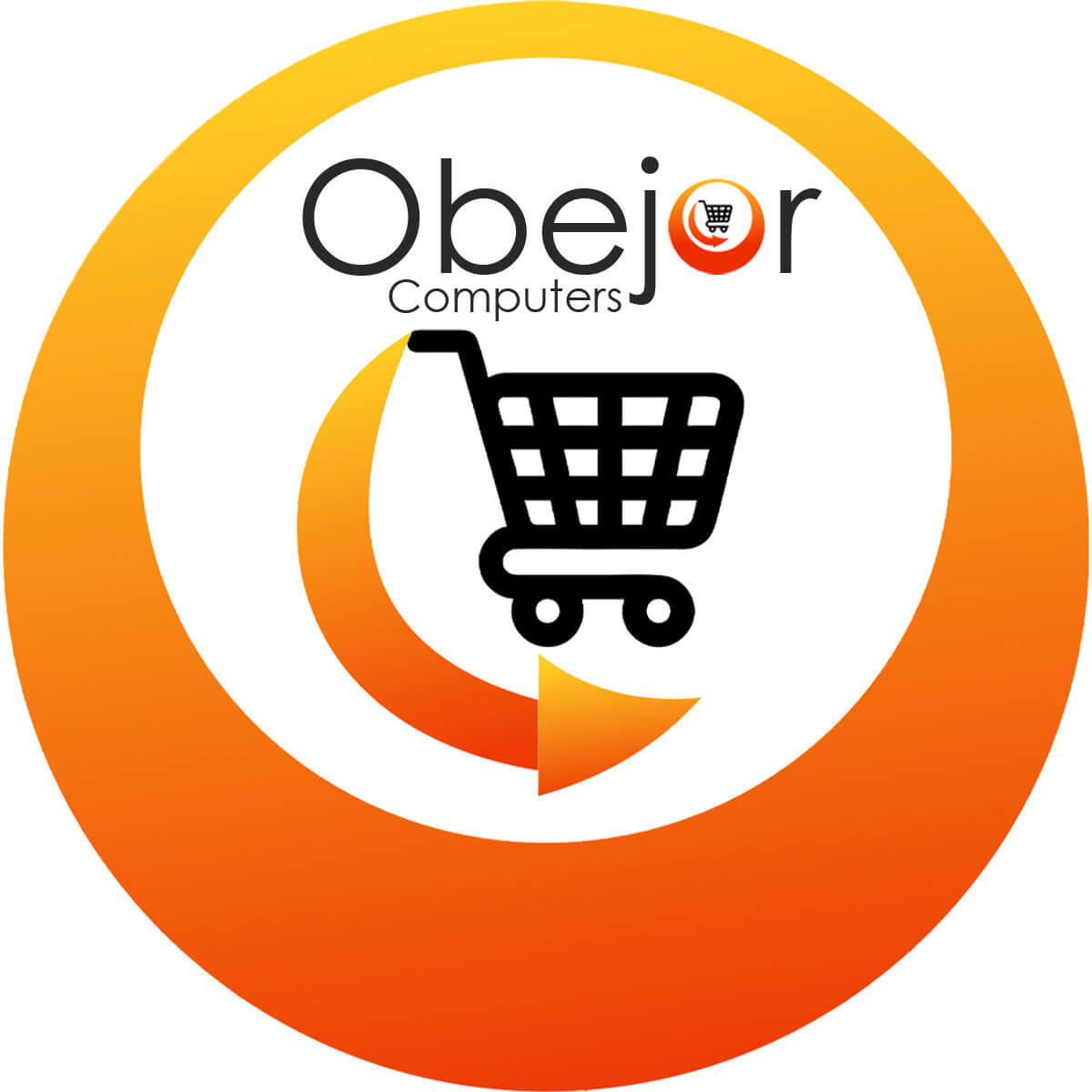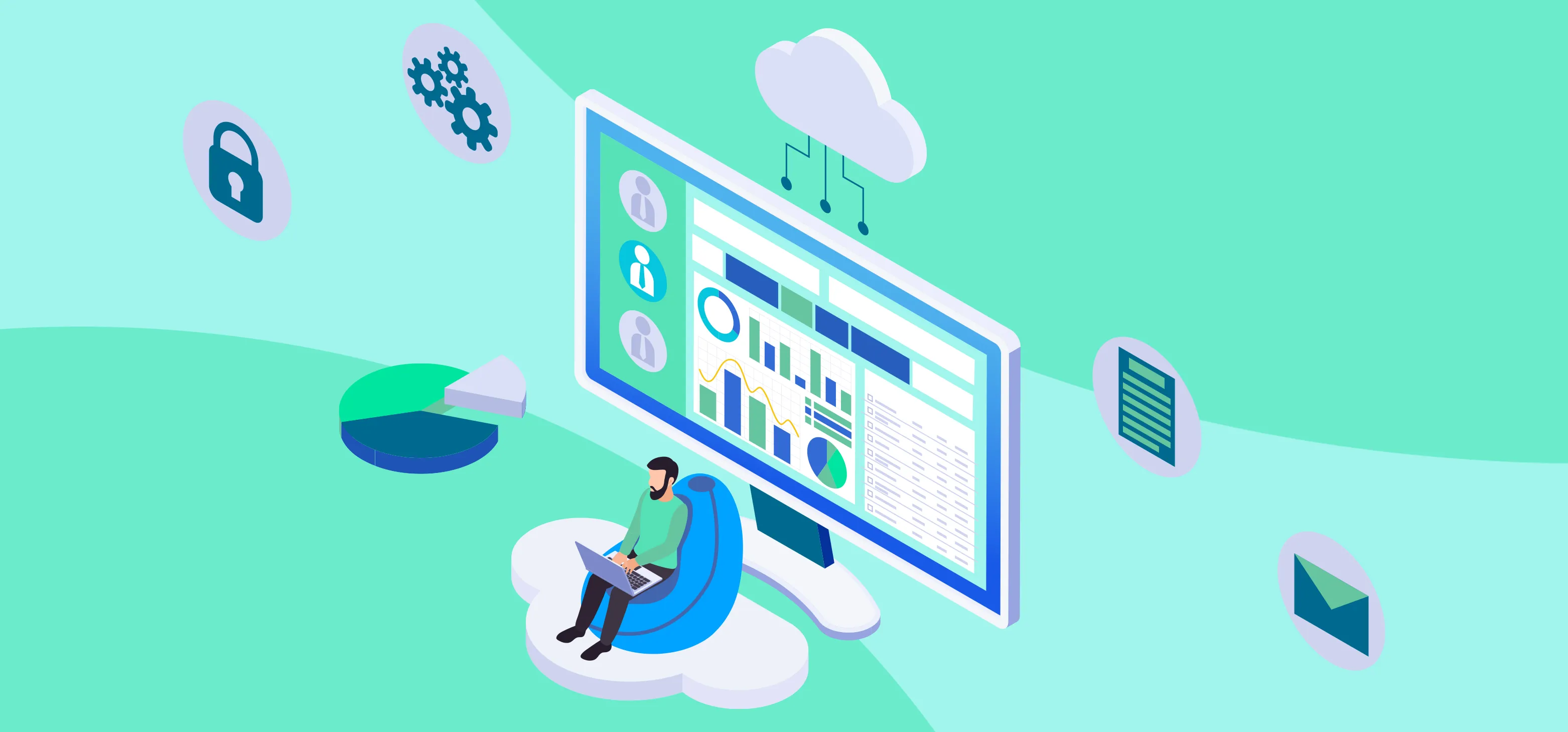In today's rapidly evolving digital landscape, the demand for effective remote IoT management software has surged. As businesses embrace the Internet of Things (IoT), finding the right tools to manage connected devices remotely is essential for success. Whether you're a small startup or a global enterprise, the right software can streamline operations, enhance productivity, and reduce costs. This article dives deep into the best remote IoT management software solutions, helping you make an informed decision for your organization.
The rise of IoT technology has revolutionized industries, enabling seamless communication between devices and systems. However, managing these devices remotely requires specialized software that offers robust features and reliable performance. In this guide, we will explore the top solutions available in the market, their functionalities, and how they can benefit your business.
By the end of this article, you will have a comprehensive understanding of the best remote IoT management software, empowering you to select the right tool tailored to your specific needs. Let's get started!
Read also:Is Yinyleon Death Unraveling The Truth Behind The Mystery
Table of Contents
- Introduction to Remote IoT Management
- Key Features to Look For
- Top Remote IoT Management Software
- Benefits of Remote IoT Management
- Challenges in Remote IoT Management
- Comparing Top Solutions
- Industry-Specific Use Cases
- Future Trends in Remote IoT Management
- Tips for Selecting the Right Software
- Conclusion and Call to Action
Introduction to Remote IoT Management
Remote IoT management refers to the ability to monitor, control, and manage IoT devices from a centralized platform without being physically present at the device location. This technology has become indispensable for organizations looking to enhance operational efficiency and scalability.
With the increasing number of connected devices, remote management software provides a centralized dashboard to oversee device performance, troubleshoot issues, and ensure security. These platforms often integrate with cloud services, enabling real-time data processing and analysis.
Key benefits of remote IoT management include reduced maintenance costs, improved device performance, and enhanced security protocols. As businesses expand their IoT infrastructure, investing in the right software becomes a strategic necessity.
Key Features to Look For
When evaluating the best remote IoT management software, consider the following essential features:
- Device Connectivity: Ensure the software supports a wide range of devices and protocols.
- Scalability: The platform should be capable of managing thousands of devices without compromising performance.
- Security: Robust security measures, including encryption and authentication, are critical for protecting sensitive data.
- Real-Time Monitoring: Real-time data visualization and alerts help in proactive decision-making.
- Analytics and Reporting: Advanced analytics tools provide insights into device performance and trends.
- User-Friendly Interface: An intuitive dashboard enhances user experience and simplifies operations.
By prioritizing these features, you can ensure that the chosen software aligns with your business objectives and long-term goals.
Top Remote IoT Management Software
Software 1: ThingWorx
ThingWorx, developed by PTC, is a leading platform in the remote IoT management space. Known for its comprehensive features, this software excels in connecting devices, analyzing data, and delivering actionable insights.
Read also:Misty Raney Unveiling The Life And Achievements Of A Remarkable Personality
Key highlights of ThingWorx include:
- Seamless device integration with various IoT platforms.
- Advanced analytics and machine learning capabilities for predictive maintenance.
- Scalable architecture to accommodate growing IoT ecosystems.
According to a report by MarketsandMarkets, platforms like ThingWorx are driving the IoT management market, expected to reach $22.4 billion by 2025.
Software 2: Bosch IoT Suite
Bosch IoT Suite offers a robust solution for managing IoT devices across diverse industries. This platform focuses on connectivity, data management, and application enablement.
Key features of Bosch IoT Suite include:
- Flexible integration options for various devices and systems.
- Secure data exchange and storage using industry-standard protocols.
- Customizable dashboards for tailored user experiences.
Bosch IoT Suite is particularly popular in manufacturing and logistics sectors, where real-time tracking and monitoring are critical.
Software 3: AWS IoT Core
AWS IoT Core is a cloud-based service provided by Amazon Web Services (AWS). It enables secure and reliable communication between IoT devices and the cloud, making it ideal for large-scale deployments.
Notable features of AWS IoT Core include:
- Scalable infrastructure to handle millions of devices simultaneously.
- Advanced security features, including device authentication and encryption.
- Integration with other AWS services for enhanced functionality.
According to AWS, their IoT Core platform powers some of the largest IoT deployments globally, ensuring high availability and performance.
Software 4: Azure IoT Hub
Azure IoT Hub, part of Microsoft Azure, provides a comprehensive solution for managing IoT devices in a secure and efficient manner. This platform supports bidirectional communication, enabling real-time data exchange between devices and the cloud.
Key advantages of Azure IoT Hub include:
- Flexible device management with support for multiple protocols.
- Advanced analytics and machine learning capabilities for data processing.
- Integration with Azure services for enhanced scalability and security.
Microsoft's commitment to innovation ensures that Azure IoT Hub remains at the forefront of IoT management technology.
Benefits of Remote IoT Management
Implementing remote IoT management software offers numerous advantages for businesses:
- Cost Savings: Reduced need for on-site maintenance and troubleshooting lowers operational expenses.
- Improved Efficiency: Centralized control and automation streamline processes, enhancing productivity.
- Enhanced Security: Advanced security features protect sensitive data and prevent unauthorized access.
- Data Insights: Real-time analytics provide valuable insights into device performance and trends.
These benefits contribute to a more agile and responsive business environment, capable of adapting to changing market demands.
Challenges in Remote IoT Management
Despite its advantages, remote IoT management comes with its own set of challenges:
- Security Risks: Managing numerous devices increases the attack surface for cyber threats.
- Interoperability: Ensuring compatibility between diverse devices and protocols can be complex.
- Data Overload: Handling massive amounts of data requires robust infrastructure and analytics tools.
Addressing these challenges requires a strategic approach, including robust security measures, standardized protocols, and scalable infrastructure.
Comparing Top Solutions
To help you make an informed decision, here's a comparison of the top remote IoT management software:
| Software | Key Features | Industries | Price |
|---|---|---|---|
| ThingWorx | Advanced analytics, scalability | Manufacturing, healthcare | Premium |
| Bosch IoT Suite | Connectivity, customization | Logistics, energy | Mid-range |
| AWS IoT Core | Scalability, security | Smart cities, retail | Premium |
| Azure IoT Hub | Bidirectional communication, analytics | Finance, agriculture | Premium |
Industry-Specific Use Cases
Remote IoT management software finds applications across various industries:
- Healthcare: Monitoring patient vitals and medical devices remotely.
- Manufacturing: Automating production lines and predictive maintenance.
- Retail: Enhancing customer experience through smart stores and inventory management.
- Energy: Optimizing energy consumption and reducing waste.
Each industry has unique requirements, and selecting the right software depends on specific use cases and objectives.
Future Trends in Remote IoT Management
The future of remote IoT management is shaped by emerging technologies:
- Artificial Intelligence: AI-driven analytics will enhance decision-making and automation.
- Edge Computing: Processing data closer to the source improves latency and efficiency.
- 5G Connectivity: Faster and more reliable networks will enable advanced IoT applications.
As technology continues to evolve, remote IoT management software will play an increasingly vital role in shaping the future of connectivity.
Tips for Selecting the Right Software
When choosing the best remote IoT management software, consider the following tips:
- Assess your business needs and align them with the software's capabilities.
- Evaluate the platform's scalability and flexibility to accommodate future growth.
- Ensure robust security features to protect sensitive data and devices.
- Read customer reviews and case studies to gauge real-world performance.
By following these guidelines, you can select a software solution that meets your organization's unique requirements.
Conclusion and Call to Action
In conclusion, the best remote IoT management software plays a pivotal role in driving business success in the digital age. By leveraging advanced features and robust capabilities, organizations can optimize their IoT ecosystems and achieve greater efficiency.
We encourage you to explore the options discussed in this article and select the software that best aligns with your business goals. Don't forget to share your thoughts and experiences in the comments section below. For more insights on IoT technology and management solutions, explore our other articles and stay updated with the latest trends.

